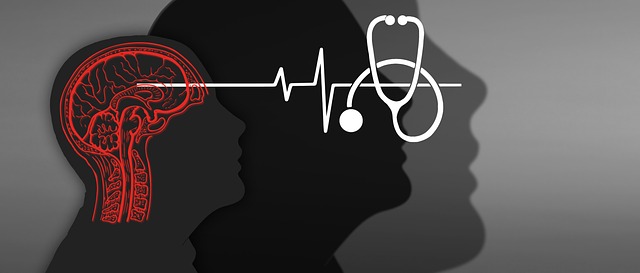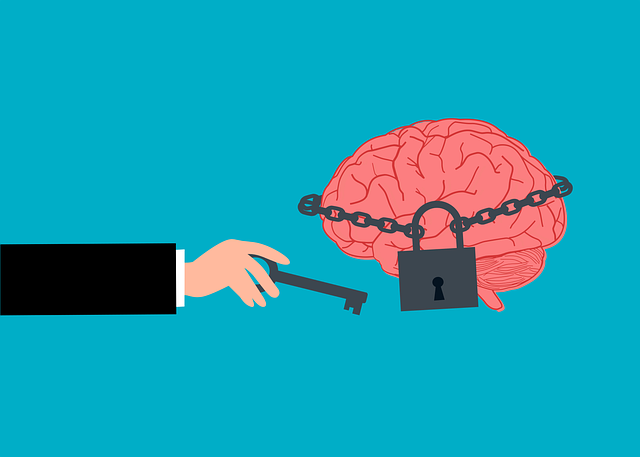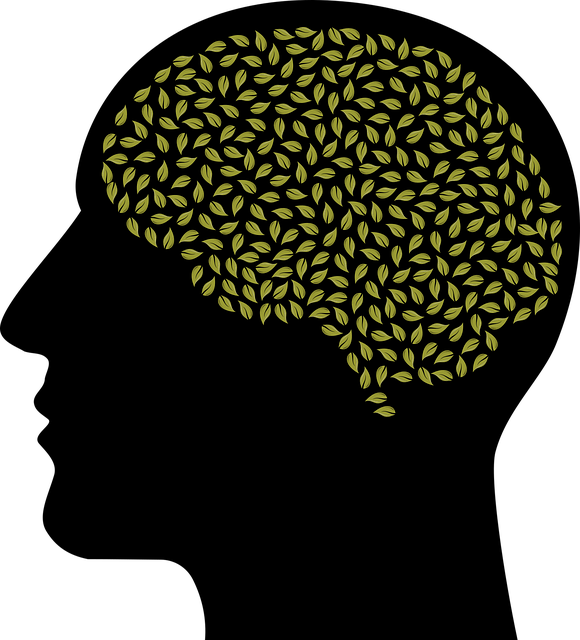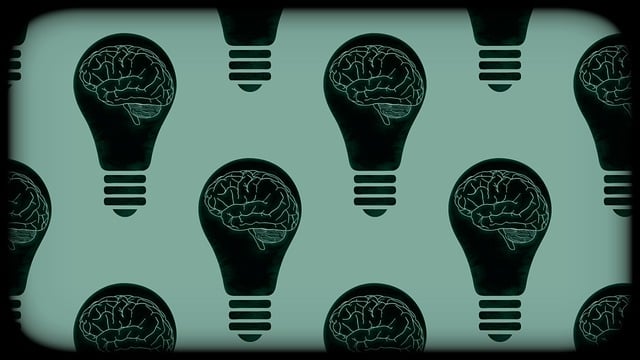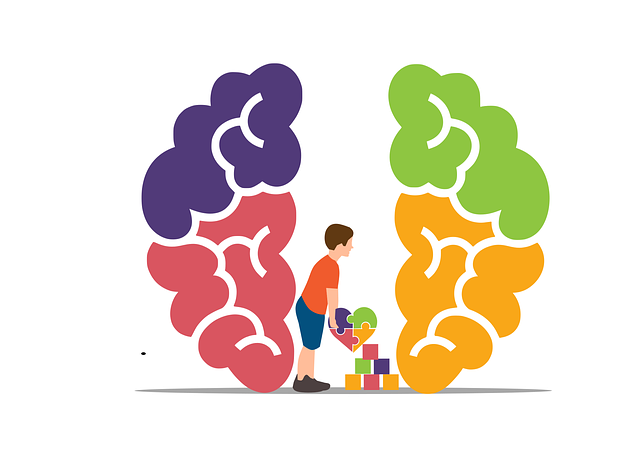Wheat Ridge Christian Counseling Therapy (WRCCT) offers culturally competent mental health services, addressing diverse communities' unique needs. Their approach combines language proficiency with understanding cultural contexts, values, and beliefs to build trust. WRCCT counselors are trained in Mind Over Matter principles, providing stress reduction techniques tailored to individual cultures. Through interactive workshops, case studies, and community outreach, they enhance healthcare providers' cultural competency, leading to better patient outcomes, improved satisfaction, and stronger community connections. Evaluating their programs using qualitative and quantitative data ensures the effectiveness of their training, reducing stigma and fostering inclusive practices.
“In today’s diverse healthcare landscape, cultural competency among providers is no longer an option but a necessity. This comprehensive guide explores the critical role of organizations like Wheat Ridge Christian Counseling Therapy in fostering diversity and inclusion. We delve into identifying cultural barriers faced by various patient groups and provide strategies for designing effective training programs to enhance cultural sensitivity. Additionally, we discuss measuring the impact and continuous improvement in healthcare provider cultural competency training.”
- Understanding Cultural Competency in Healthcare: A Necessity in Modern Practice
- The Role of Wheat Ridge Christian Counseling Therapy in Promoting Diversity and Inclusion
- Identifying Cultural Barriers: Challenges Faced by Diverse Patient Populations
- Designing Effective Training Programs: Strategies for Healthcare Providers
- Measuring Impact and Continuous Improvement in Cultural Competency Training
Understanding Cultural Competency in Healthcare: A Necessity in Modern Practice

In today’s diverse and interconnected world, cultural competency within healthcare has become an indispensable aspect of modern practice. This concept involves understanding and appreciating the cultural backgrounds, values, and beliefs of patients to deliver more personalized and effective care. At Wheat Ridge Christian Counseling Therapy, we recognize that addressing a patient’s cultural needs goes beyond language translation; it requires a nuanced approach to foster trust and build strong therapeutic relationships. By incorporating Mind Over Matter Principles, our counselors are equipped to guide clients through Stress Reduction Methods and Anxiety Relief techniques tailored to their unique cultural contexts.
Cultural competency is not merely an addition to traditional healthcare services but a fundamental shift in how we perceive and interact with patients. It involves recognizing and valuing the diversity of our communities, challenging implicit biases, and adapting therapeutic approaches to respect individual cultural identities. Through ongoing training and education, healthcare providers can navigate complex cultural landscapes, ensuring that every patient receives care that respects their heritage and promotes overall well-being.
The Role of Wheat Ridge Christian Counseling Therapy in Promoting Diversity and Inclusion

Wheat Ridge Christian Counseling Therapy is dedicated to fostering an environment that embraces diversity and promotes inclusion. As a leading provider in mental health services, they recognize the importance of cultural competency in ensuring every client receives personalized care. By integrating diverse perspectives into their practice, Wheat Ridge CBT offers tailored support for individuals from various backgrounds, helping them overcome challenges related to anxiety relief and mental wellness.
Through specialized training, therapists at Wheat Ridge CBT gain insights into different cultural contexts, enabling them to deliver effective crisis intervention guidance. They understand that every client’s journey is unique, and their approach includes encouraging journaling exercises as a means of exploring personal experiences and promoting self-reflection. This holistic strategy empowers individuals to navigate life’s complexities while fostering a sense of belonging and understanding in a supportive setting.
Identifying Cultural Barriers: Challenges Faced by Diverse Patient Populations

In many healthcare settings, particularly those serving diverse patient populations, cultural barriers can significantly impact care delivery and outcomes. Patients from various ethnic, racial, or cultural backgrounds may face unique challenges that stem from differences in language, values, beliefs, and traditional practices. For instance, Wheat Ridge Christian Counseling Therapy has recognized the importance of addressing these barriers to provide holistic care. Understanding a patient’s cultural context is crucial for building trust and ensuring effective communication.
One of the key challenges lies in overcoming language barriers, where accurate translation services are essential. Additionally, different communities may have specific health-related taboos or fears that influence their willingness to seek medical assistance. Mental wellness coaching programs development, such as those offered by Wheat Ridge, can play a vital role in addressing these issues. Incorporating mental wellness journaling exercise guidance and compassion cultivation practices into training allows healthcare providers to develop the skills needed to navigate these complexities, ultimately fostering more inclusive and compassionate care environments.
Designing Effective Training Programs: Strategies for Healthcare Providers

Effective cultural competency training for healthcare providers involves designing programs that cater to diverse learning styles and needs. At Wheat Ridge Christian Counseling Therapy, we’ve found success through interactive workshops, case studies, and role-playing scenarios that encourage active participation. These strategies foster a deeper understanding of different cultural contexts, beliefs, and behaviors, promoting genuine empathy building among healthcare professionals.
Incorporating community outreach program implementation, public awareness campaigns development, and evidence-based empathy building strategies ensures that training remains relevant and impactful. By exposing providers to real-world examples and diverse patient narratives, these programs equip them with the skills to deliver culturally sensitive care. Ultimately, such initiatives contribute to improved patient satisfaction, better health outcomes, and stronger community connections.
Measuring Impact and Continuous Improvement in Cultural Competency Training

Evaluating the effectiveness of cultural competency training is paramount to ensure its positive impact on healthcare delivery and patient outcomes. Measuring success goes beyond satisfaction surveys; it involves tracking concrete improvements in clinical practice and patient experiences, particularly within diverse communities. At Wheat Ridge Christian Counseling Therapy, we adopt a comprehensive approach, utilizing both qualitative and quantitative data collection methods. This strategy allows us to identify areas of strength and weakness in our training programs, fostering continuous improvement.
Through regular feedback sessions with participants, case studies analysis, and tracking key performance indicators (KPIs), such as improved communication scores and reduced instances of microaggressions, we gain valuable insights into the real-world application of cultural competency. This data-driven approach enables us to tailor our training programs, ensuring they meet the evolving needs of healthcare professionals and the communities they serve, ultimately contributing to the reduction of mental illness stigma through enhanced emotional healing processes and the production of a more inclusive Mental Wellness Podcast Series.
Healthcare provider cultural competency training, as exemplified by the work of Wheat Ridge Christian Counseling Therapy, is a vital component of modern medical practice. By addressing cultural barriers and fostering diversity and inclusion, these programs enhance patient care and outcomes. Effective training strategies, coupled with measurable impact assessments, ensure continuous improvement in healthcare delivery for all patient populations. This approach not only respects individual cultures but also strengthens the healthcare system as a whole.

